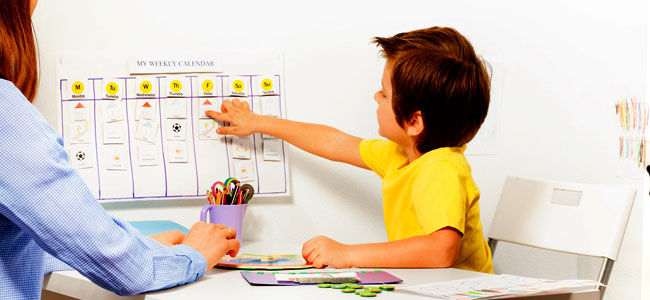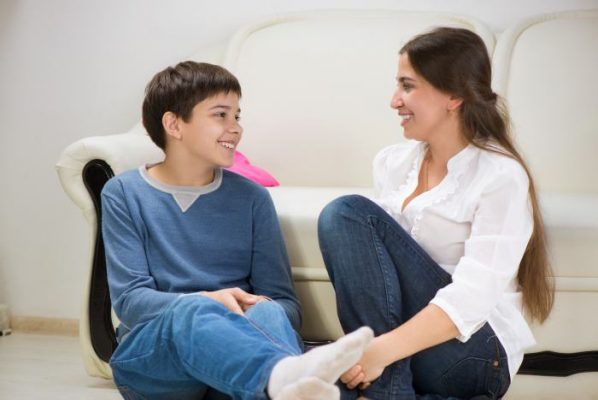
ORDER, ORGANIZATION and AUTONOMY
The development of children and adolescents goes through stages or periods in which a special predisposition to learn a specific skill arises. Observant parents will have noticed in their children that tireless enthusiasm for acquiring some skill, for example, learning to walk. These periods of development are known as sensitive, critical or sensitive periods. Order […]
22 March, 2024

The importance of maintaining good communication with children
The COVID-19 pandemic has brought many changes and restrictions for everyone. However, looking at the positive side, something good has happened as families now have the opportunity to spend more time together. Being all at home allows for sharing meals, leisure time as a family, and some household responsibilities. Children and young people need to […]
22 March, 2024

How to talk to our children about the coronavirus?
At this time it is inevitable not to keep the Coronavirus in mind, becoming part of our daily conversations. In this mandatory isolation our children also hear, see and talk about the topic and receive all this information in their own way. That is why the parents’ filter is essential to avoid negative feelings and […]
25 March, 2024